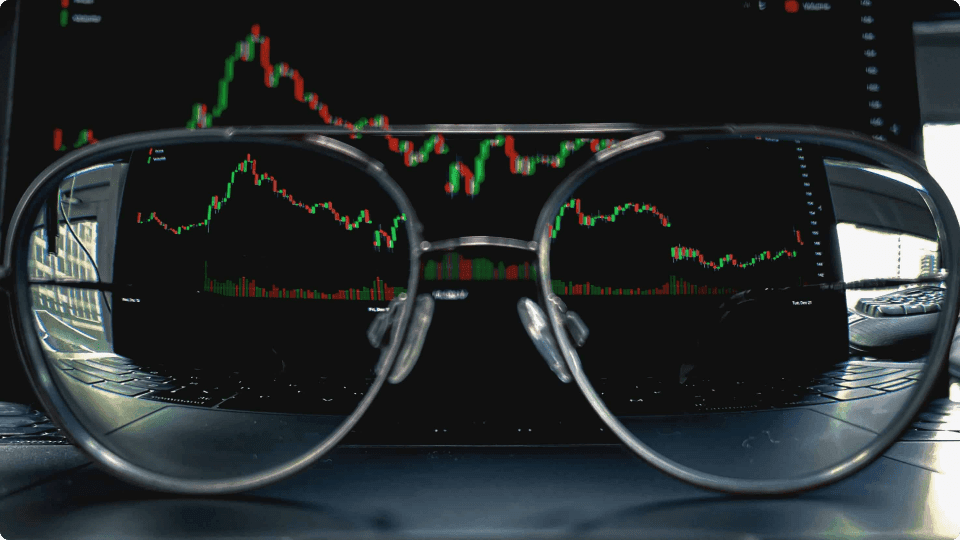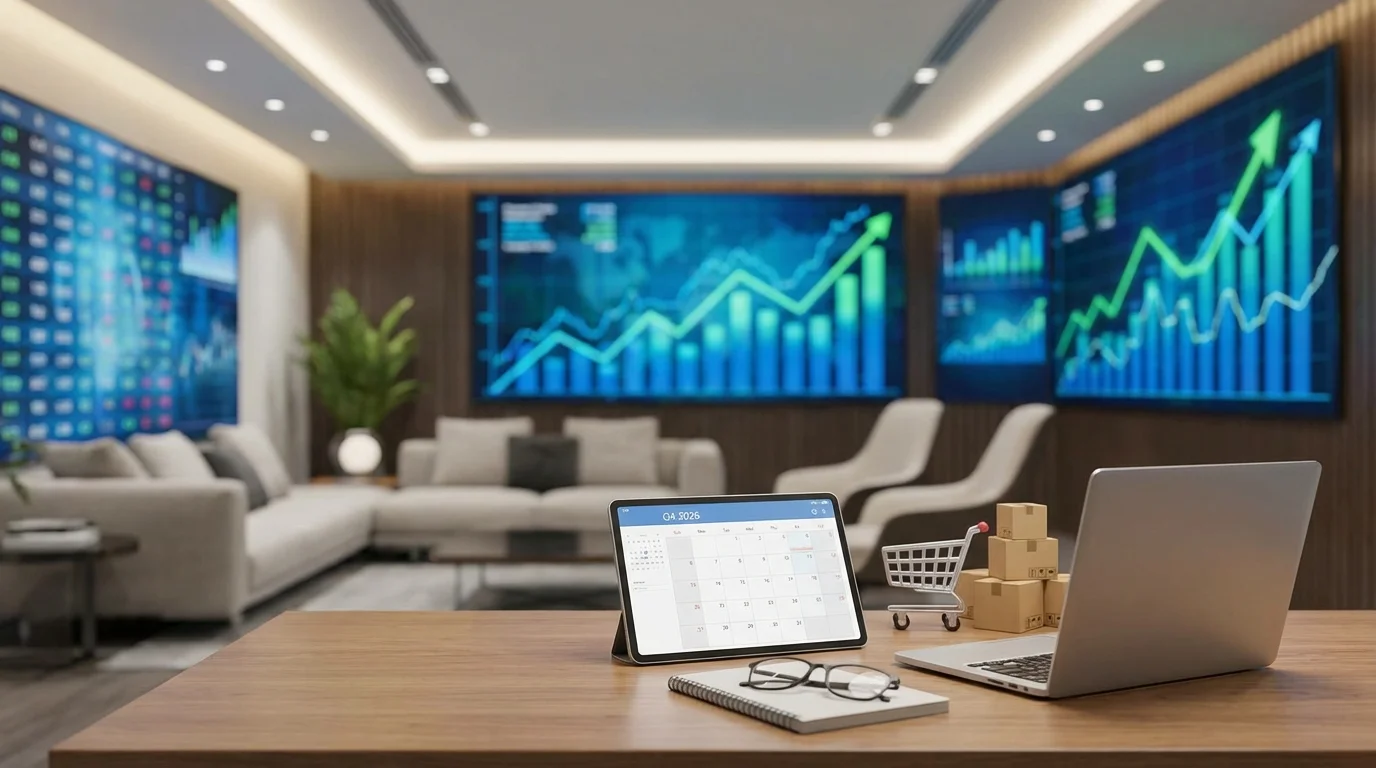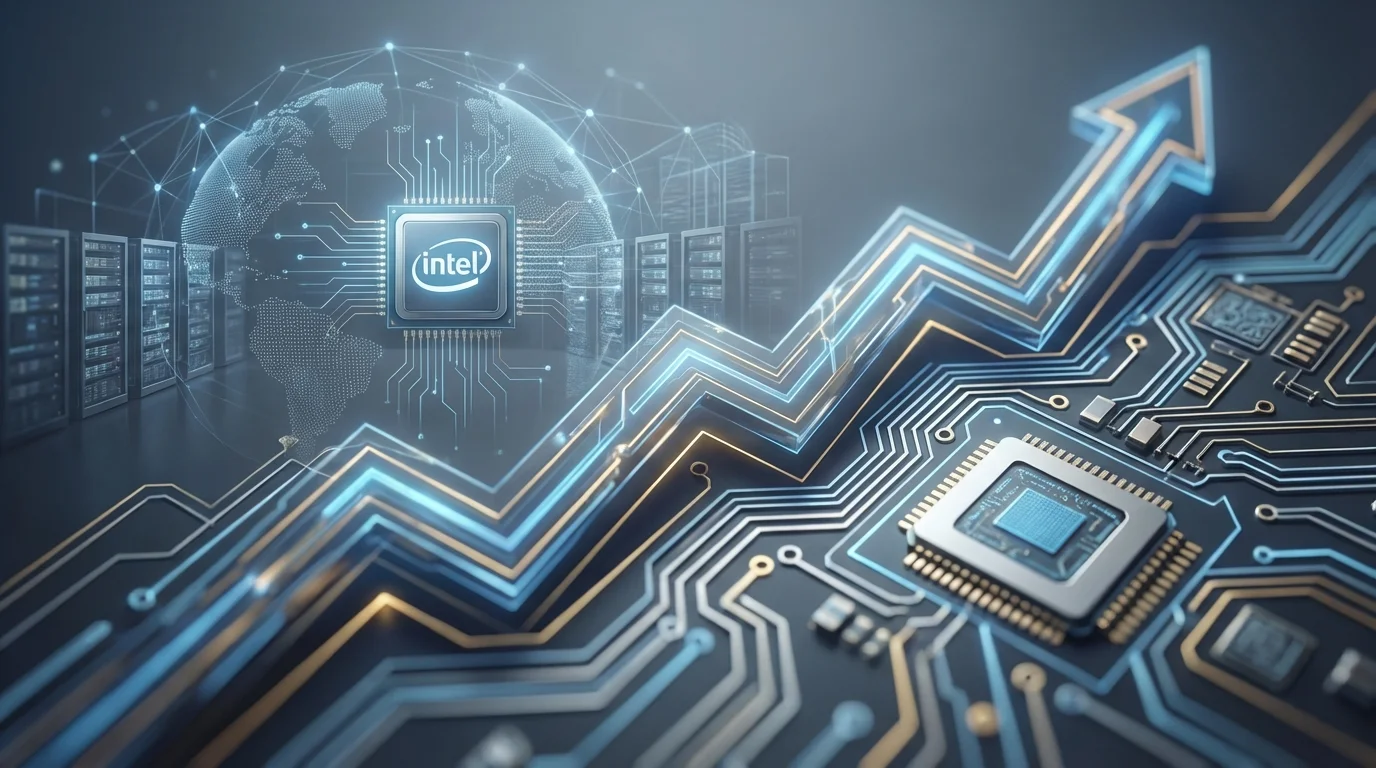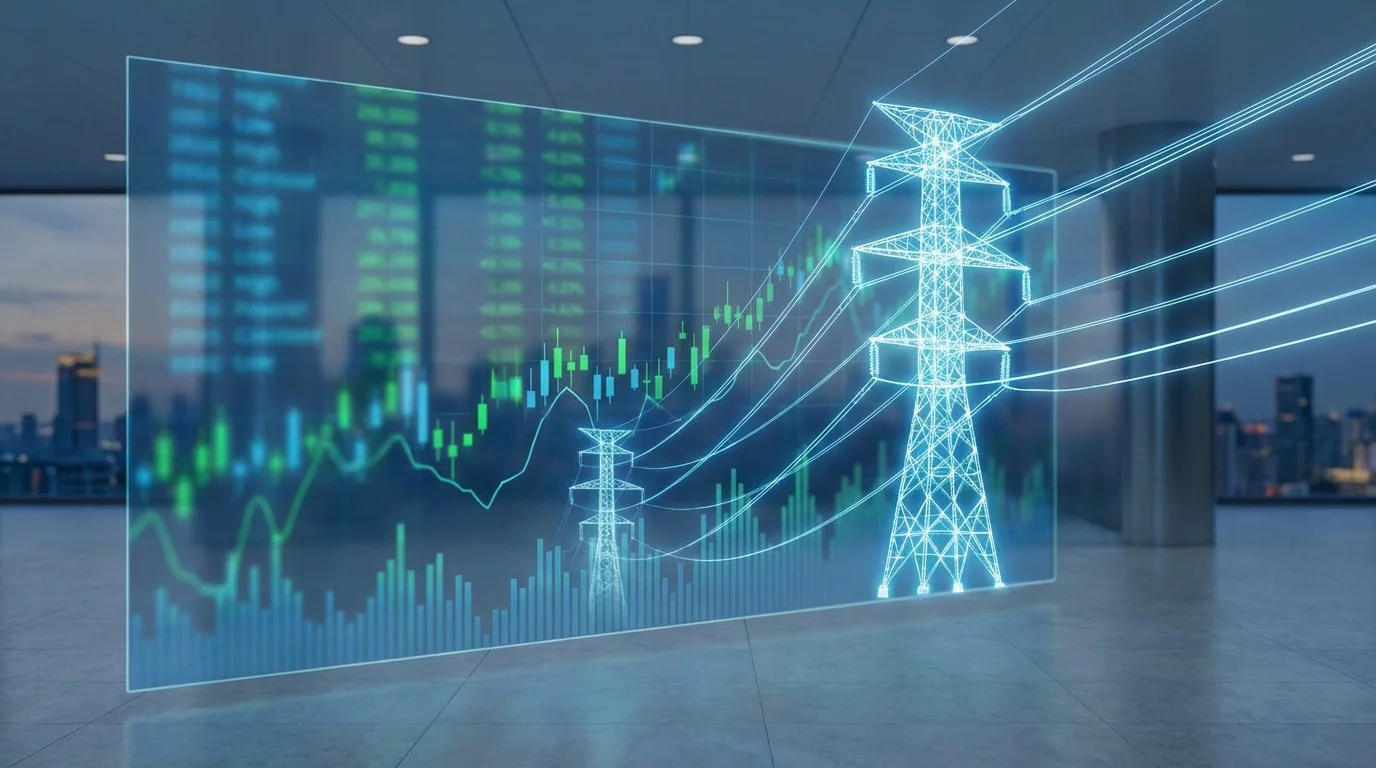Key Takeaways
- Retail and institutional traders are integrating AI into their trading strategies
- AI can significantly simplify complex financial data quickly
- AI-generated financial suggestions based on market information can assist in making trading decisions
- A combination of AI and human insights seems to be the sweet spot when utilizing AI
Introduction
If you’ve ever wondered “Is AI trading profitable?” — you’re not alone. With the rise of machine learning and quantum computing, investors worldwide are exploring how AI stock trading can revolutionize financial decision-making.
When used correctly, AI trading can be profitable — but it’s not magic. The real value lies in how traders leverage algorithms, risk management, and human judgment together. I’ve personally used AI-powered insights to deepen my understanding of stocks before investing, and the results can be impressive when the right systems are in place.
In this article, we’ll break down what AI trading is, how it works, and how you can use tools like Intellectia AI to maximize your edge in the market.
What is AI trading?
AI trading comes in different shapes and forms as you can use AI in automating trades or by simplifying complex financial data.
These AI systems rely on historical data, real-time analytics, and advanced algorithms. From this, the AI is capable of either placing trades on your behalf, known as trading bots, or providing expert financial insights.
Most investors spend hours researching and mulling over key information on specific stocks and industries. This leads to missed market opportunities or mistakes that result in financial losses.
AI algorithms compile this information and deliver it in a simple-to-understand format, allowing trades to be placed quicker and more efficiently.
Area AI can assist your stock trading
Below are several areas you can use AI to improve on. I personally lean more toward using AI for algo trading in combination with risk management.
- Algorithmic trading: AI can automate stock trading by executing complex algorithms that analyze market data and make high-speed trades.
- Sentimental analysis: AI evaluates market sentiment by analyzing news, social media, and X posts to determine public opinion on stocks.
- Portfolio optimization: AI optimizes portfolios by analyzing historical data and market trends to recommend asset allocations. It maximizes returns while balancing risk based on user goals.
- Risk management: AI assesses market volatility and individual stock risks to suggest hedging strategies. It helps minimize losses by dynamically adjusting exposure during turbulent market conditions.
- Personalized investment advice: AI tailors investment strategies to individual risk tolerance, financial goals, and market conditions. It uses data-driven insights to provide customized recommendations for better outcomes.

Maximizing Your Trading Edge
As you can see in the graphic below, multiple investment managers are using, or about to use, AI in their investment strategies. Why? Well, because it increases their edge over the market. Something you need to be doing.
There is no harm in utilizing AI as a viable tool for your investment strategies. It offers an array of benefits, that will be discussed later, and can help streamline the investment-deciding process, far better than most average investors.

Is Investing with AI Profitable?
The short answer: yes, when used strategically.
AI’s ability to process real-time data and identify market inefficiencies has made it particularly lucrative for day traders and swing traders who depend on speed and precision.
For example, Intellectia’s AI stock picker feature uses proprietary algorithms to select high-probability trades daily — achieving an impressive 94.52% annualized return rate in backtested performance.
Similarly, its AI Swing trading feature model analyzes technical indicators and market momentum, averaging a 7.2% return per signal.
While no AI can guarantee profits, these numbers illustrate how intelligent automation can outperform emotional or uninformed trading.

Advantages of AI Trading
After getting this far into the article, it has become clear that utilizing AI for trading is a smart choice, but what are these core advantages?
- Eliminates emotional biases: AI follows pre-determined rules, removing emotional influences from trading decisions. This ensures consistent and accurate results based on your strategy.
- Rapid data processing: AI is trained on vast datasets, enabling it to analyze complex financial data in seconds. It provides actionable insights faster than human analysis for better decision-making.
- Continuous improvement: AI algorithms evolve with more data, enhancing reliability over time. They improve in forecasting, hedging against volatility, and navigating turbulent market conditions.
- Advanced data analysis: AI leverages machine learning and natural language processing to analyze historical data, news, and social media posts. This helps traders gain a competitive edge with informed decisions.
- Caution on limitations: AI’s effectiveness depends on the quality of its data and algorithms. Poorly designed systems can lead to incorrect decisions and financial losses.
However, it’s important to remember that AI is only as good as the data and algorithms behind it. Poorly designed systems can lead you to make wrong financial choices and incur significant losses.
By leveraging machine learning algorithms, natural language processing, and other advanced AI technologies, traders can sift through vast amounts of data, including historical market data, news articles, and social media posts.
The goal is to gain a competitive edge by making faster, more accurate, and more informed trading decisions overall utilizing AI to become a better investor.

Challenges in AI Trading and Risk Management
Considering the amount of upside there is for using AI when trading, there are still worrying challenges. These systems are expensive to develop and maintain, and although you can use ChatGPT for stock trading, these AIs are still limited in their answers and access to real-time market data.
Financial insights systems, driven by AI, could increase their pricing or limit the number of traders allowed access to them. Whereas, accessibility to cheaper options could expose traders to potential financial losses due to these poorly developed AIs.

Combining AI trading with human expertise for better risk management
In most cases, the best sweet spot when it comes to the future is to combine your own knowledge with AI, particularly for trading stocks. Harnessing financial knowledge informed by artificial intelligence (AI) along with your own insights can help you achieve your financial goals more effectively.
As an example, AI can help you identify patterns in real time, and then, based on this information, you can make judgment calls on the broader financial market's trends or geopolitical events. Therefore, this collaboration has the potential to increase profitability without necessarily relying solely on AI.
How to Integrate AI into Your Trading Strategy
Based on the above, you must now have a stronger understanding of why integrating AI into your trading practices can greatly benefit you. Below, I have listed out several steps you can start using today.
Step 1: Define your trading goals and requirements
Clearly outline your objectives, such as maximizing returns, minimizing risk, or automating specific trades. Determine the type of trading (e.g., stocks, forex, crypto) and your risk tolerance.
AI tools are tailored to specific goals, so defining these ensures you select the right solutions. For example, algorithmic trading suits high-frequency trades, while portfolio optimization suits long-term investments.
Step 2: Research AI trading tools and platforms
Explore AI-powered trading platforms like TradeStation, MetaTrader with AI plugins, or Intellectia. Look for tools offering sentimental analysis, portfolio optimization, or risk management features.
Different platforms specialize in areas like data analysis, automation, or personalized advice. Compare features, costs, and compatibility with your trading style.
Step 3: Begin utilizing your chosen AI tool
Depending on your goals, based on step 1, and your chosen AI tool, you should begin using your tool to make trades, or offer you guidance prior to placing a trade.
- Sentiment AI analysis: Begin checking to see the social sentiment toward a specific stock and make a judgment on whether to enter a position.
- Market analysis AI: Utilize your AI tool to simplify complex market data and identify potential market opportunities.
- AI trading bots: Once selected, or trained, deploy a trading bot to begin placing automatic trades on your behalf.
Step 4: Monitor and refine how you use your AI
Continuously track AI-driven trades, or validate AI trade suggestions, using performance dashboards, analytics tools, or another method.
Markets evolve, and AI models must be refined to maintain accuracy. Regular monitoring prevents overfitting or outdated predictions.
Step 5: Manage risks and stay informed
Ensure you have clearly defined your risk tolerance and continue optimizing it. AI tools can get you so far, but your main goal is to turn a consistent profit.
There is no one-size-fits-all when it comes to which AI to use, it's best to define the area you're lacking the most and research/implement an AI tool to solve that specific issue.

Conclusion
So, this finally brings us to the question: is AI trading profitable? The answer is yes, but within reason. While AI does offer us a great tool to analyse financial information and provide well-informed suggestions, there still needs to be a human element part of that process.
With the expansion and refinement of AI, the outputs will only improve over time. But, utilizing AI for trading is a strong recommendation, and as an investor, you may want to consider integrating AI into your trading processes. You can explore our AI investment features for more information on our platform to help guide you to become a better investor.






